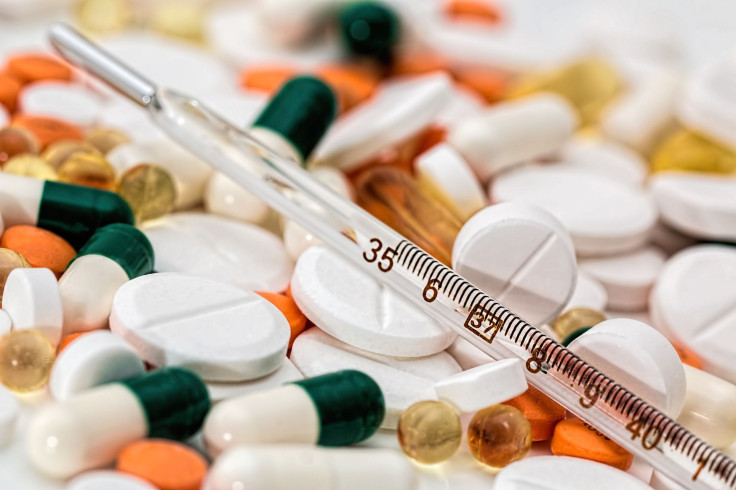5 Common Challenges That Follow An Opioid Overdose

About 78 Americans die every day of an opioid overdose, and for every fatality, there are 30 additional overdoses, reports NPR. Stories about the epidemic pop up daily as doctors, public health officials and politicians attempt to find solutions to the nation’s growing drug problem. Many are calling for making naloxone, an opioid overdose antidote, more accessible, and police officers in Franklin, North Carolina, have even started carrying the medication, according to Macon County News.
Naloxone, which works in minutes, is effective, but does nothing to ease the effects of an overdose, or help with addiction. Dr. Mark Calarco, national medical director for American Addiction Centers and board member for the State of Tennessee Medical Laboratory Board, told Medical Daily that an overdose is much more than a single event, and explained five common challenges survivors face.
They’ll Seek Their Next High
It may sound sensational, but Calarco explains that many people who recover from an overdose feel like they’ve cheated death. “It’s like a Russian roulette,” he says. “... they’ll overdose two, three, four times, and they’ll just feel like they’re blessed. But obviously there will be a time they do not.”
The doctor has seen patients already planning to score drugs while in their hospital beds. “They’ll say, ‘You know, I just can’t wait to get out until I can go use,’” he reveals. In the minds of non drug users, this seems irrational, but this thinking is common for people hooked on opioids. “Everything takes a back seat to your addiction,” says Calarco.
Brain Changes Cause More Bad Decisions
Opioids fundamentally change the way your brain functions. Calarco explains the midbrain, also known as the reward center, is dominant in people suffering from addiction, while the prefrontal cortex (the area that helps us realize the consequences of our actions) gets disconnected, thus making it harder to break the addiction.
While every overdose varies, Calarco says that it can often create further damage to the brain in these areas, making it harder to distinguish between right and wrong. Plus, the additional brain damage could result in problems with memory and motor functions.
Potential Long-Term Organ Failure
According to Calarco, “The body has a great resiliency up to a point.” If someone stops breathing during an overdose, which the doctor explains is the worst scenario, their vital organs don’t get the oxygen needed to function, which means they could be severely damaged. “If there’s too much damage to the heart, you won’t pump enough blood even if you recover,” explains Calarco.
There are medications to help your heart pump more blood, but sometimes too much heart muscle is lost and surgery is necessary. Similarly, some will experience severe kidney damage that would make dialysis or transplantation necessary.
Medication and Therapy Will Be Necessary
A new study found that following an overdose, most hospitals have not prescribed medications that help with addiction. Calarco says that according to statistics, people who receive medication-assisted treatment are less likely to relapse than those who go cold turkey.
However, the doctor believes that without a mental shift, most drug users will never beat their addiction.
“Almost everyone needs counseling, because they have to learn to love themselves again a lot of times,” he says. Along with counseling, he believes support groups and belonging to an inclusive community are key to overcoming the addiction.
They’ll Try To Quit, And Then Try, Try Again
It’s easy for those without addictions to hear stories about how drug users continue to make the same bad decisions and ask, “Why don’t they just quit?” Well, it’s not that easy.
“We’re machines. We can’t just flip a switch and go from using to not using,” says Calarco. “‘I’ve had people who have said you know what? I’m done,’ and they really truly manage and they were able to quit,” he says. “It’s rarely the first time though that they’ve gone into treatment.”
If you have trouble sympathizing, think about the last time you were going to start that diet on Monday. And then didn’t. “Millions of Americans every week try to be thinner. We shouldn’t eat that cake, but we fail many times,” says Calarco. “That doesn’t mean we should give up either, right?”
Published by Medicaldaily.com



























